Steel by name...
A stroke of luck got him started.
Mother nature nearly stopped him
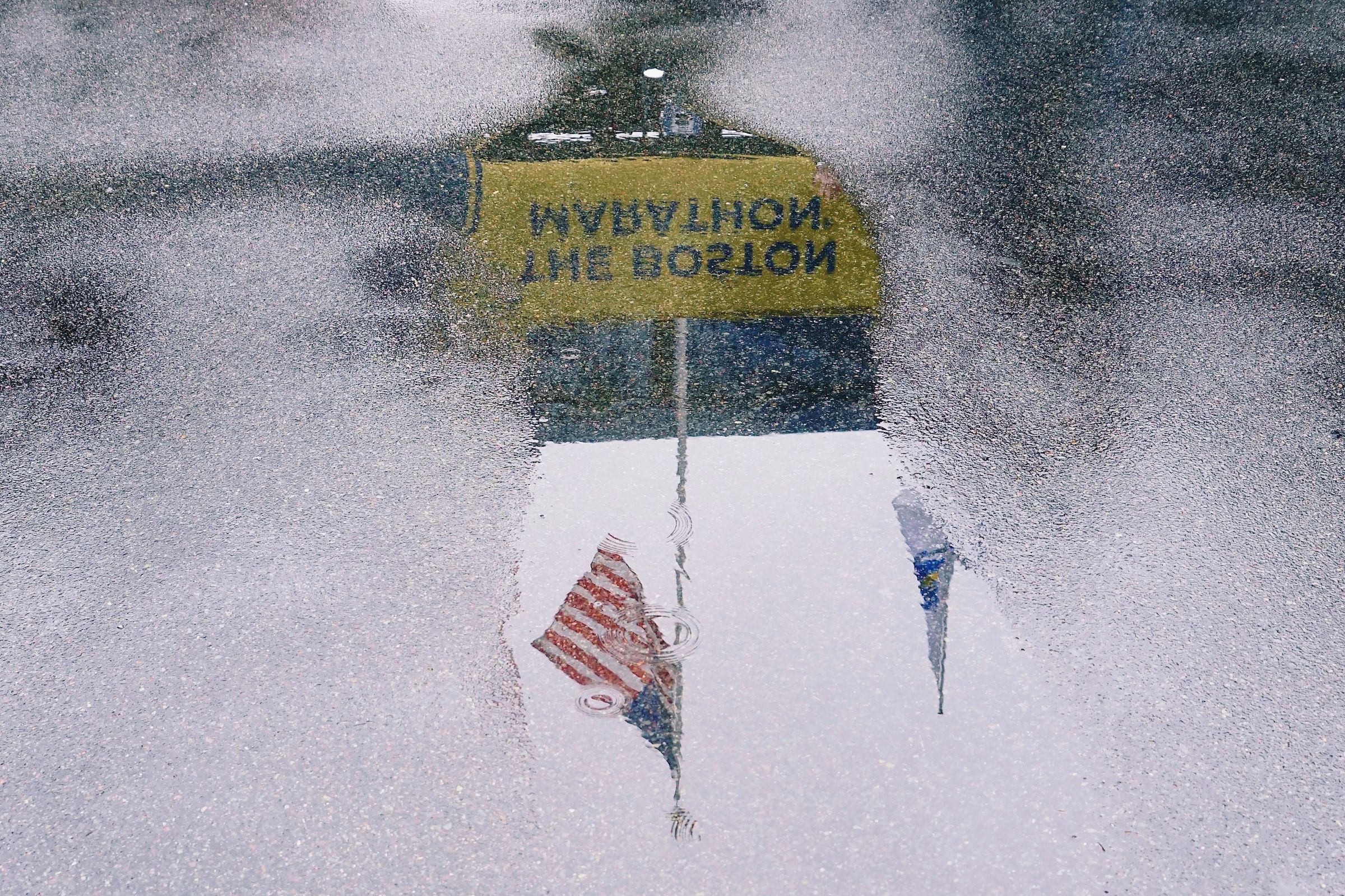
Calamity was looming for Michael Steel’s Six Star journey.
Five miles stood between him and the finish line of the 2018 Boston Marathon. Battered by the ferocious wind and rain that had blown the race to smithereens from front to back, his watches – both of them – were making for grim reading.
He was going to miss the official cut-off time.
His Six Star medal was slipping from his grasp and he was searching through the faces at the side of the road for his friend, Phil. Perhaps he could help him gather himself for one last push on this punishing day. One last reach for that final star.
For a man who had retweeted his way into his first Major some three years earlier, Michael’s luck was running out within striking distance of Boyslton Street and the ultimate prize.
His journey to that point didn’t begin so much with a step as a simple tap on his phone.
The 37-year-old from Southampton in the UK made a pact with a friend one New Year’s Eve to run a marathon together.
Many such deals are struck in the fog of festive celebrations and swiftly reneged upon when heads have cleared.
It seemed this one was heading for the same fate until 2014, when Michael’s friend won a place through a Twitter competition into the 2015 Virgin Money London Marathon.
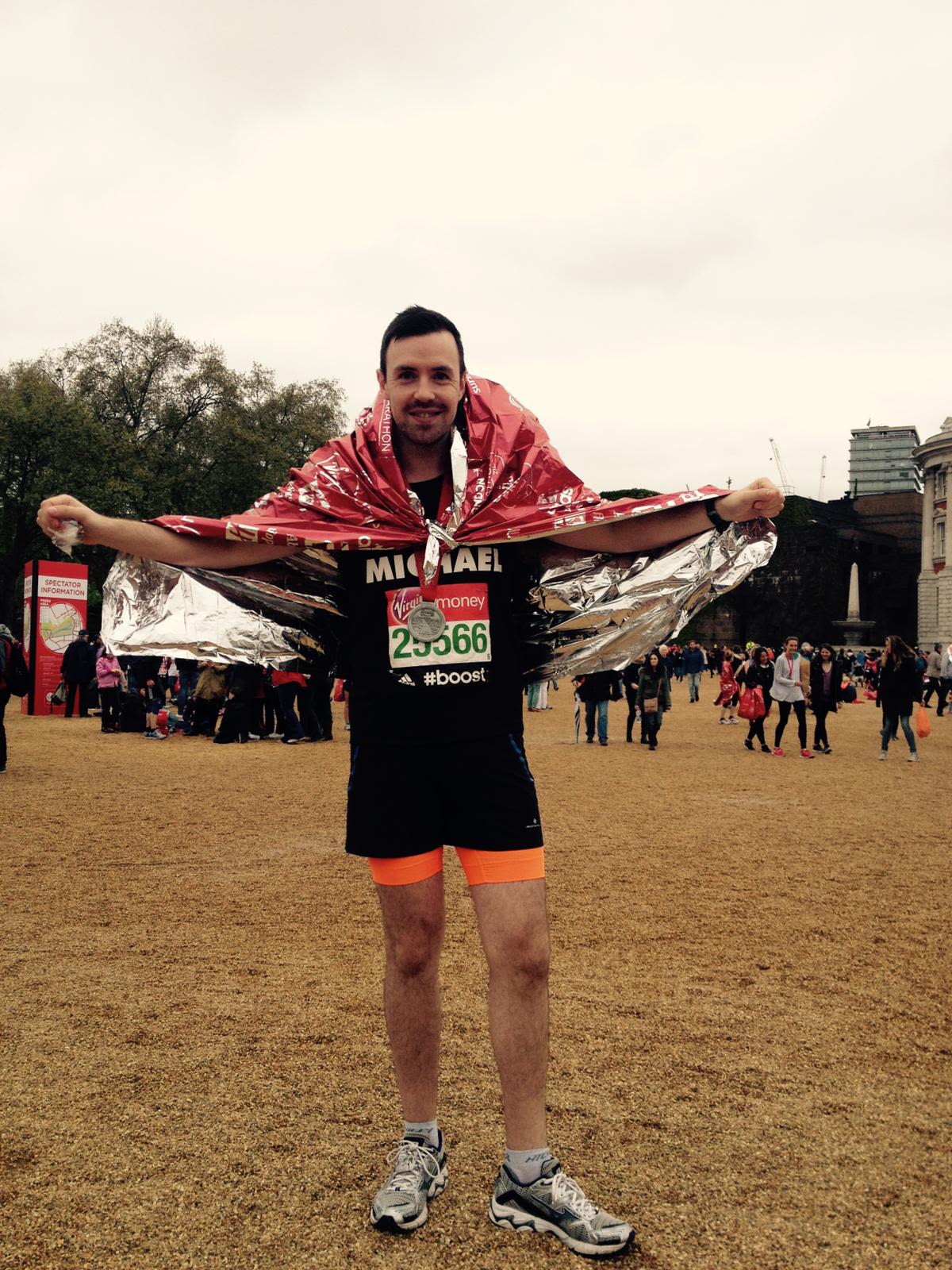
It was Michael’s turn to try his luck. One retweet later - and in an incredible stroke of good fortune - he too was the winner of a competition for a place. The deal was on.
“We went to the Expo and that’s when I discovered the Majors,” he says. “I ran London and it wasn’t about time for me. It was about completion, getting through it healthy and getting the medal. They don’t print the time on the medals, so my medal means just as much as the one for someone who came in the top three.”
Then came the opportunity to run the BMW-BERLIN MARATHON for a charity later that year. Two down, but had the notion of running all six begun to take hold?
“After Berlin, I visited the Majors website and was thinking, ‘I’ve done two now, maybe I’ll see what else is around.’ Another friend of mine pointed out a tour company who had places left for the 2016 TCS New York City Marathon.”
The problem was, Michael’s role with the UK Junior Chamber of Commerce meant he was due to be in Quebec City during race week for a conference that promised a less-than-ideal few days’ preparation.
“Conferences generally mean lots of meetings, parties and drinking, but I just went for it. I did the conference the way I wanted to do it – not drinking loads, but I was up late going to the parties.
“I went to the gala dinner on the Friday night, left the dinner, packed my case, got a 2.00am taxi to the airport for a flight at 6.00am to New York, went straight to my hotel, then to the Expo, went to bed, woke up, ran the marathon.
“New York was my favorite, not just because of the whole build-up, but also the people and the atmosphere. I didn’t have the greatest run. My nipple plasters kept falling off and I had to keep stopping at first aid points to get myself sorted out. Things didn’t go to plan, but that’s why it was my favorite, because you just can’t predict what will happen on the day.”
The tipping point had been reached. With three stars to his name, Michael was committed to chasing down the other three.
“That was it, I’d decided I would do all six. When I saw that Majors stand in London, it was a big part of getting me interested, but once I’d done an international race, that was it. The plan was to do them all at some point in my life.”
But as it turned out, he’d get the chance to complete them sooner than he thought. He had company for number four when he and Phil, who had cheered him from the roadside in Berlin and New York, joined him in a successful application for a place in the 2017 Bank of America Chicago Marathon.
Tokyo was next.
“I absolutely loved Tokyo. I got call from the travel company to say a place has come up because someone had pulled out but I had to travel on a certain date, stay in a certain place and book and pay there and then. I went for it.
“I had been there before so I found it easy to get into the swing of the culture and the food, but talking to a lot of the other runners I met from around the world, they found it difficult to adapt. One of the big differences in the race is the sweets and treats handed out along the way. They were something I’d never eaten before, which is fantastic!”
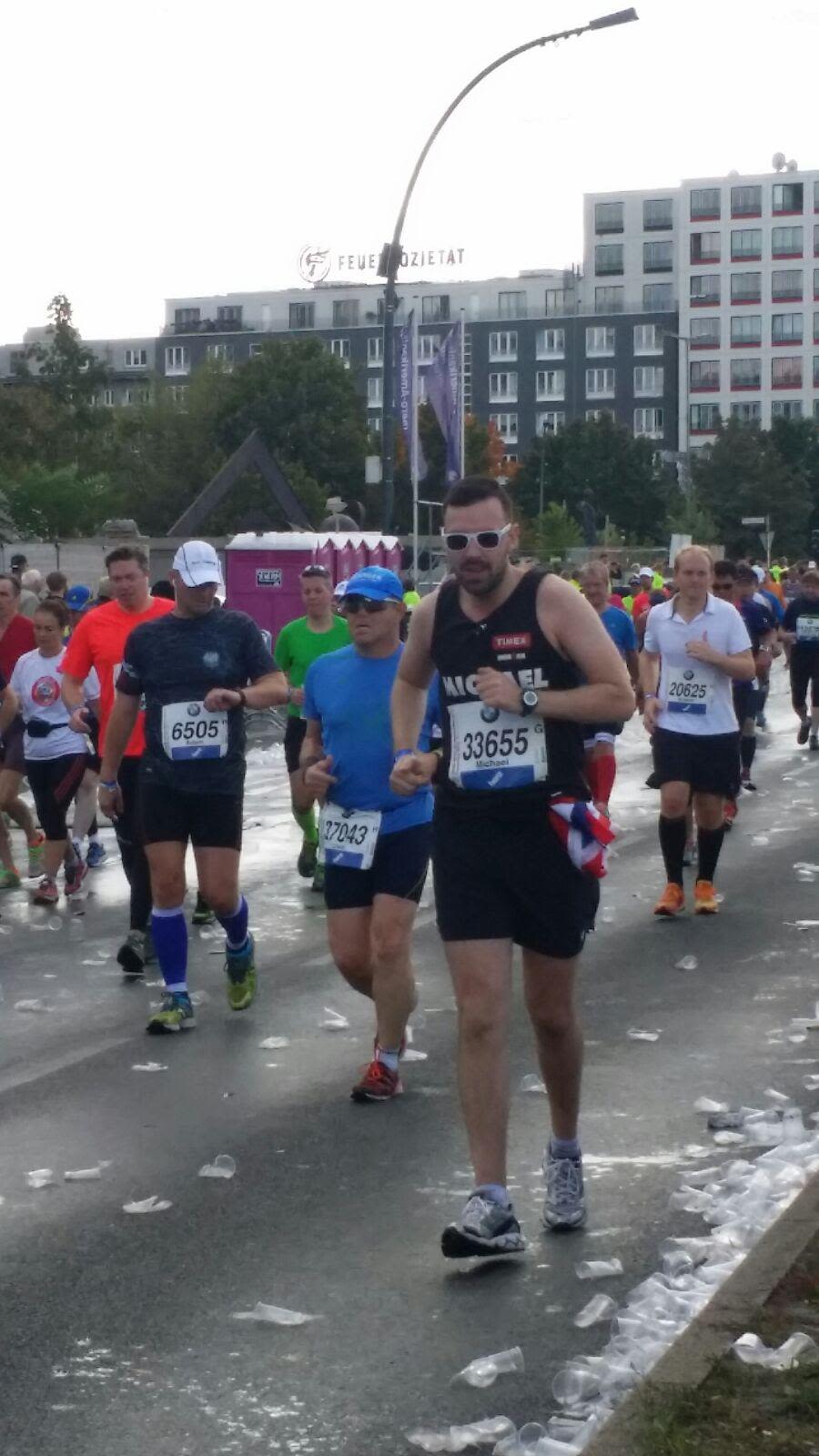
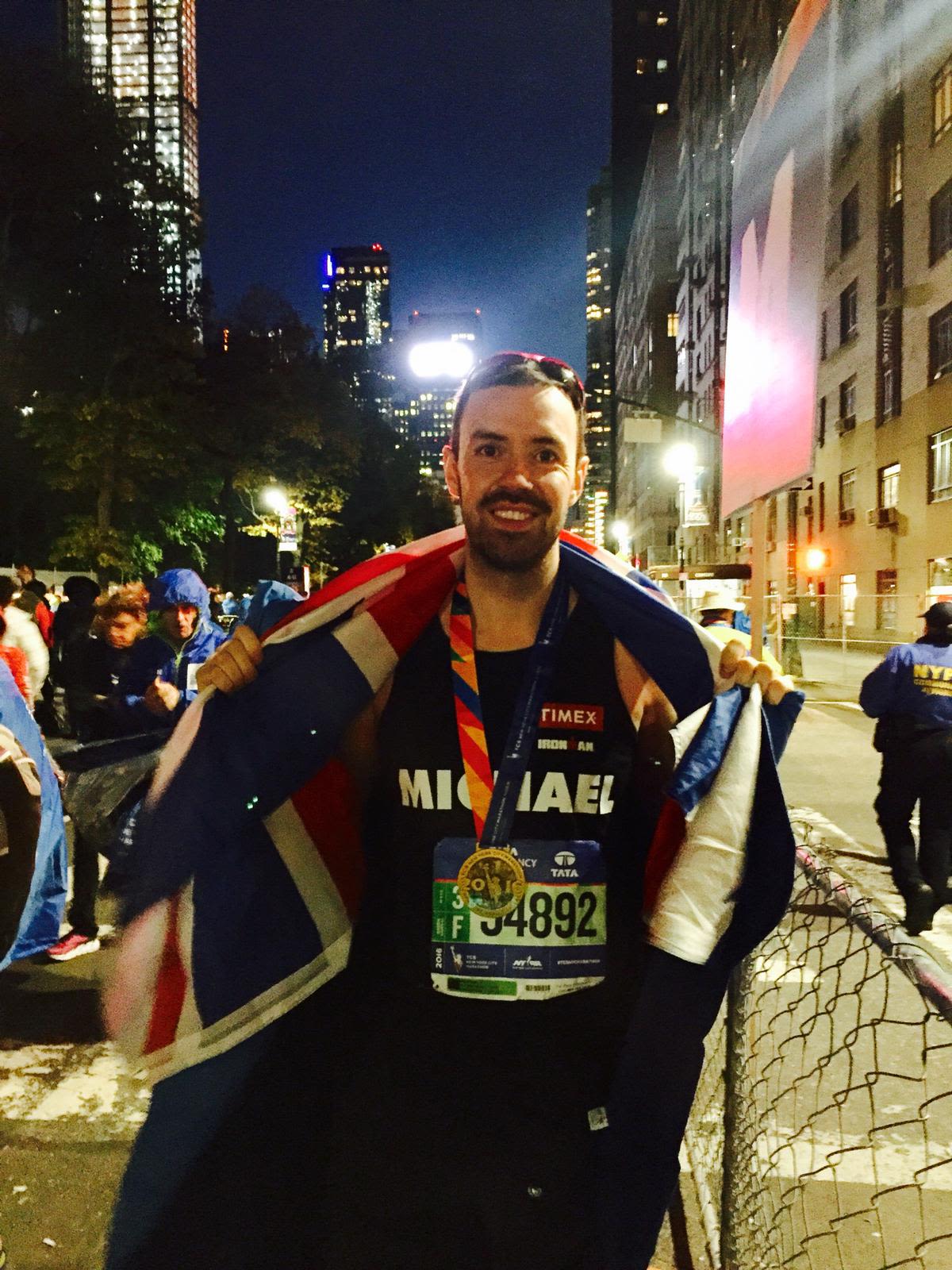
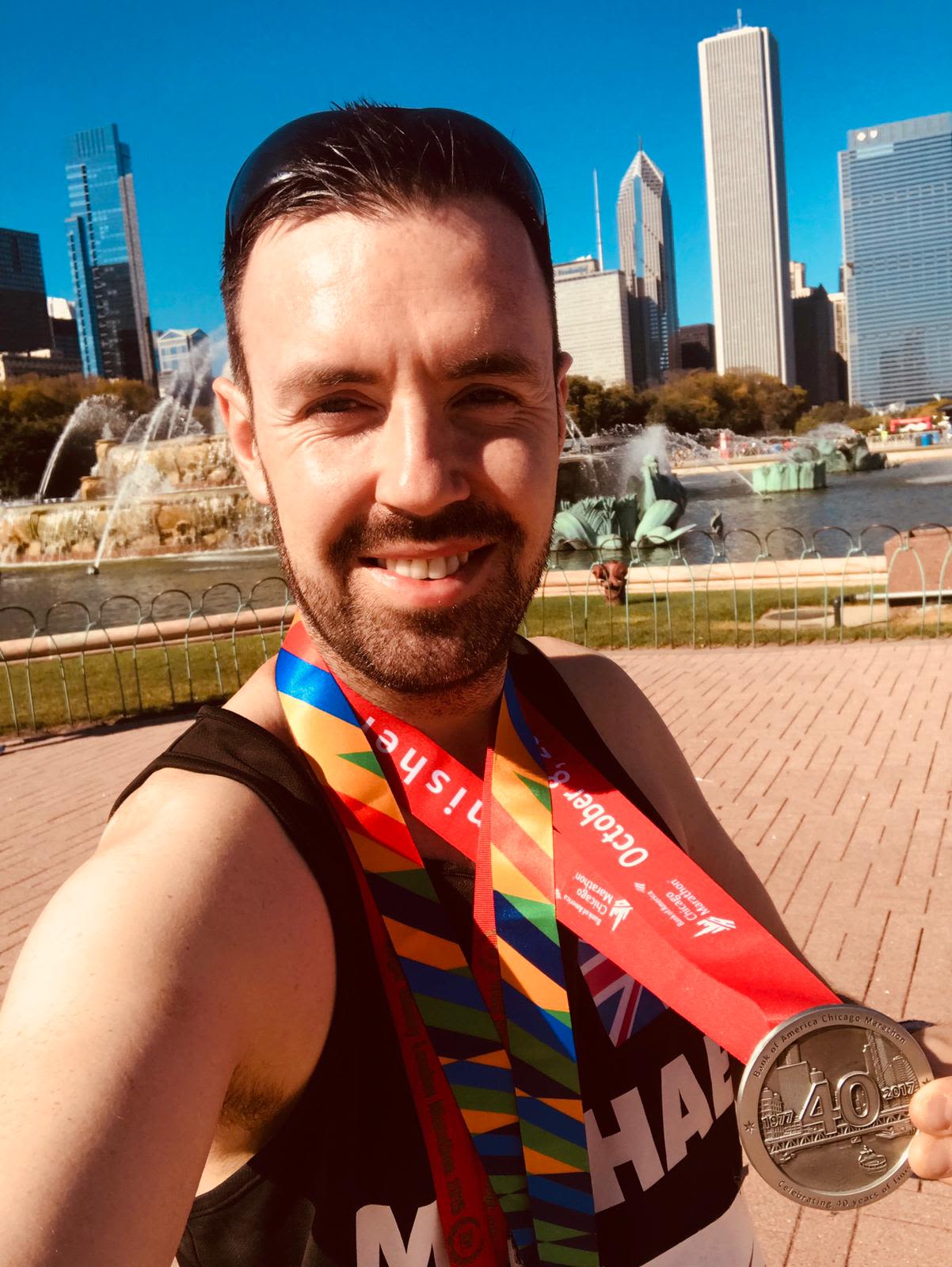
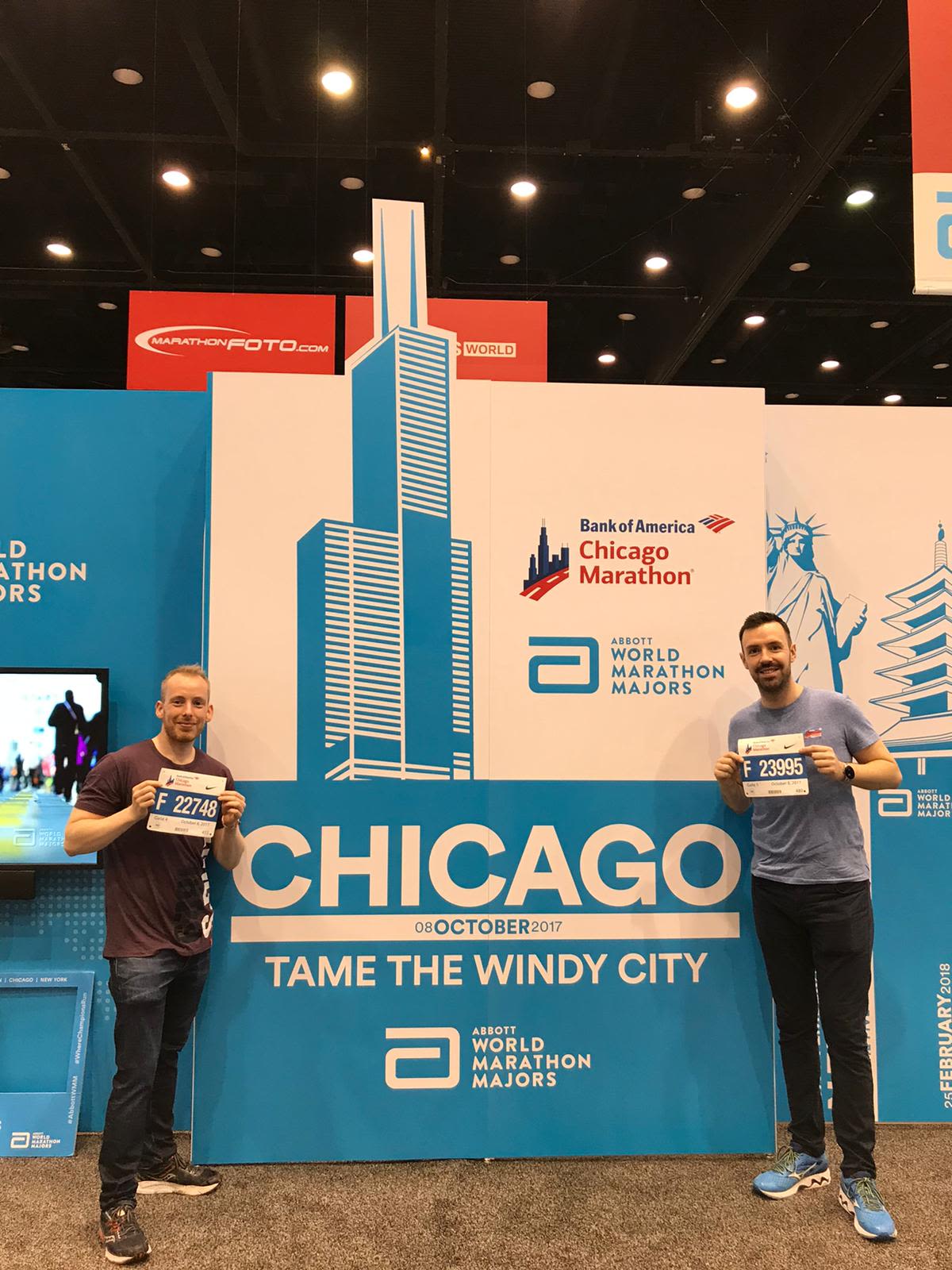
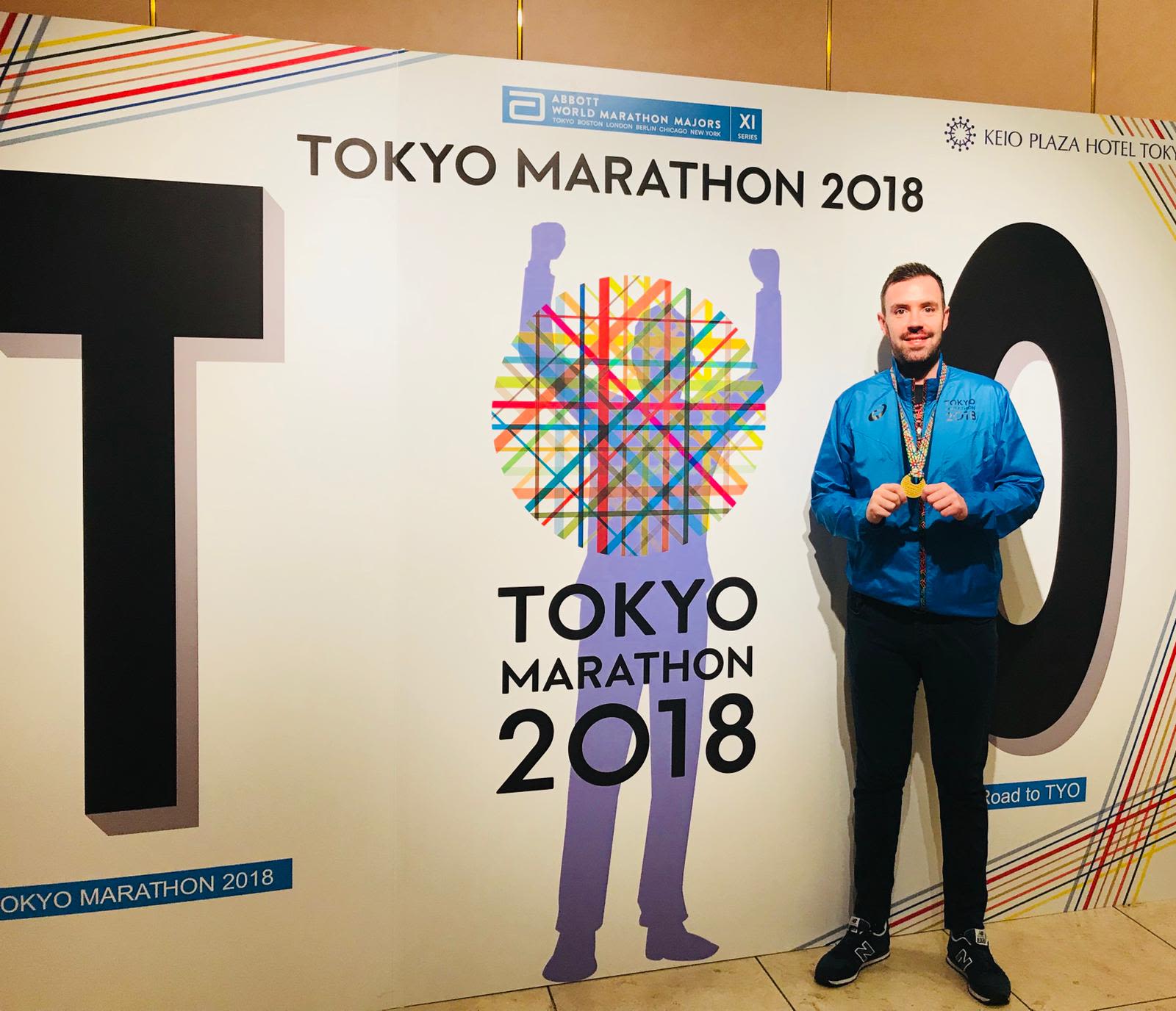
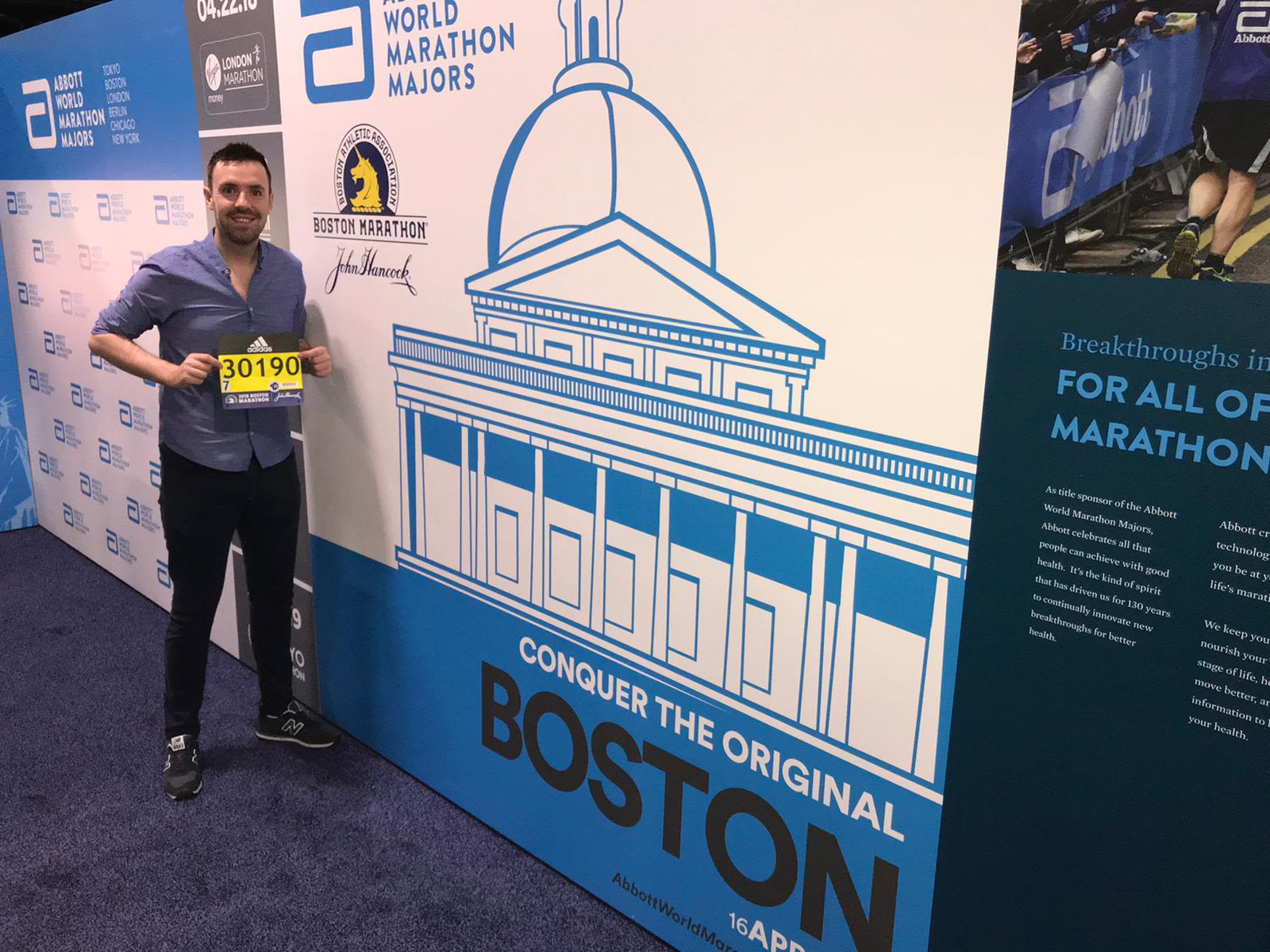
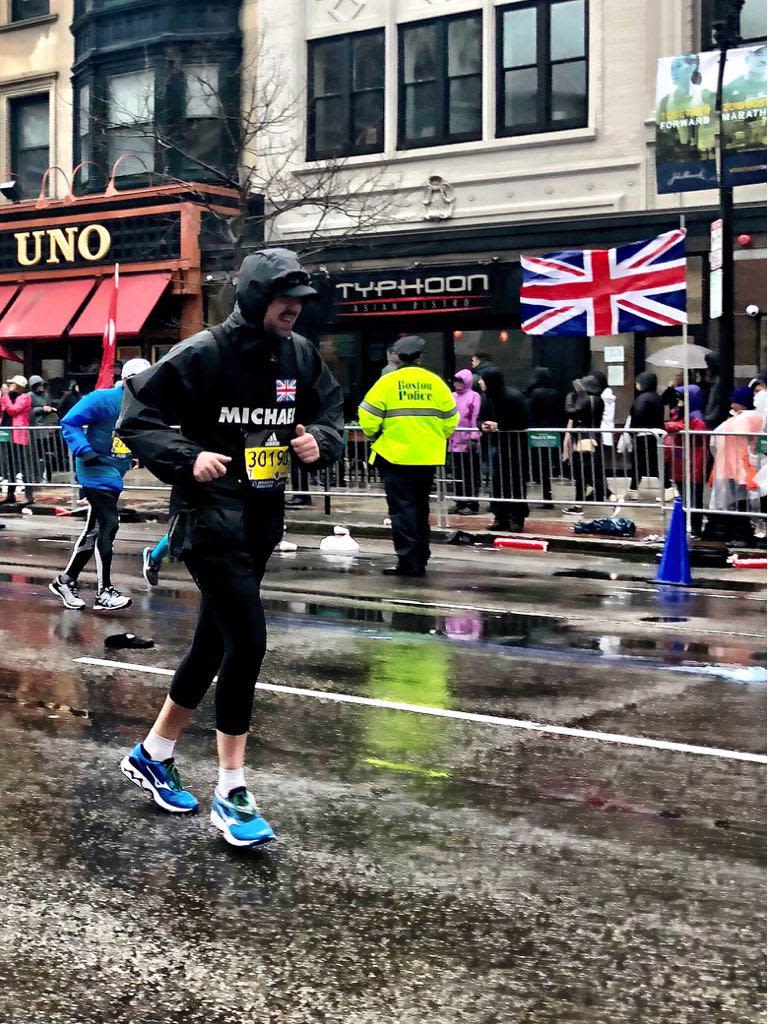
With barely a chance to catch his breath, Michael was handed the chance to complete his Six Star journey just a few weeks later at the 2018 Boston Marathon.
Anyone who toed that Hopkinton start line knows what happened next.
“The weather was great the day before, then it all came crashing down,” he recalls.
“I woke up, looked outside and it was tipping it down. Phil walked me to the bus, I got to the start and in the area where they had the awnings up for people to get some breakfast the whole thing was a mud bath. There were people slipping everywhere.
“I had a waterproof jacket and a sweater underneath which I was planning to throw away, but by the time I got to the start line, it was biblical. The water was just rushing out of my trainers, and with the early miles all being downhill I could have slipped at any moment and it would have been all over.
“The thing with Boston is that the chances of getting in are so slim, it felt like this was a one-time only event. It had to be done, so all this was going through my mind.”
Given the conditions, spectator numbers were lower than usual so Phil’s positioning on the course as a source of fuel was important, layering on an added element of stress on top of the weather, the friction burn his neck was suffering from his sweater and the pressure that Michael knew he had to cross the finish line within the time limit.
“I had to finish in six hours, or no Six Star medal. It was something that was weighing on a lot of runners’ minds.
“At Mile 21 I thought I wouldn’t do it. I was tired, wet, cold, disorientated, totally confused. I couldn’t even remember having got up Heartbreak Hill.”
And that’s when he looked at his watches.
“I thought they were showing that I would finish in six and a half hours and at that point I got upset, really upset. Phil saw me and asked what was wrong. I told him I wasn’t going to get in. It made it worse that I had told everyone what I was doing.
“Before the other races I never told anyone I was doing them. I only put a message up on social media once I’d finished the race, I never even told people I had a place. But for Boston, because it was my last one, I’d told everyone, and now I was going to miss the time.”
As it turned out – in his freezing, confused state – he’d misread his watches. He still had time. He could still do it.
“Phil calmed me down and told me I’d get in in plenty of time. I had just miscalculated and was on for five and a half hours. So long as I carried on and didn’t run a 16-minute mile, I’d be fine and I’d get in.
“My thoughts came back and I realized he was right. It gave me the push to get on with it. I had that moment of ‘I’m not going to do this’, right through to ‘I’m going to do it.’
“I got to Boylston Street and I knew I was going to get in. I could see the line, it had stopped raining, people were cheering, and I knew I’d got the Sixth star. I was euphoric.
“It’s one of the greatest achievements of my life. I’m not a natural born runner. I don’t particularly enjoy it, but once upon a time, someone told me I would never be able to do a marathon. Some friends and family even said I wouldn’t be able to do it. That’s a red rag to a bull to me, and to be able to go on and do all six is a massive achievement.”
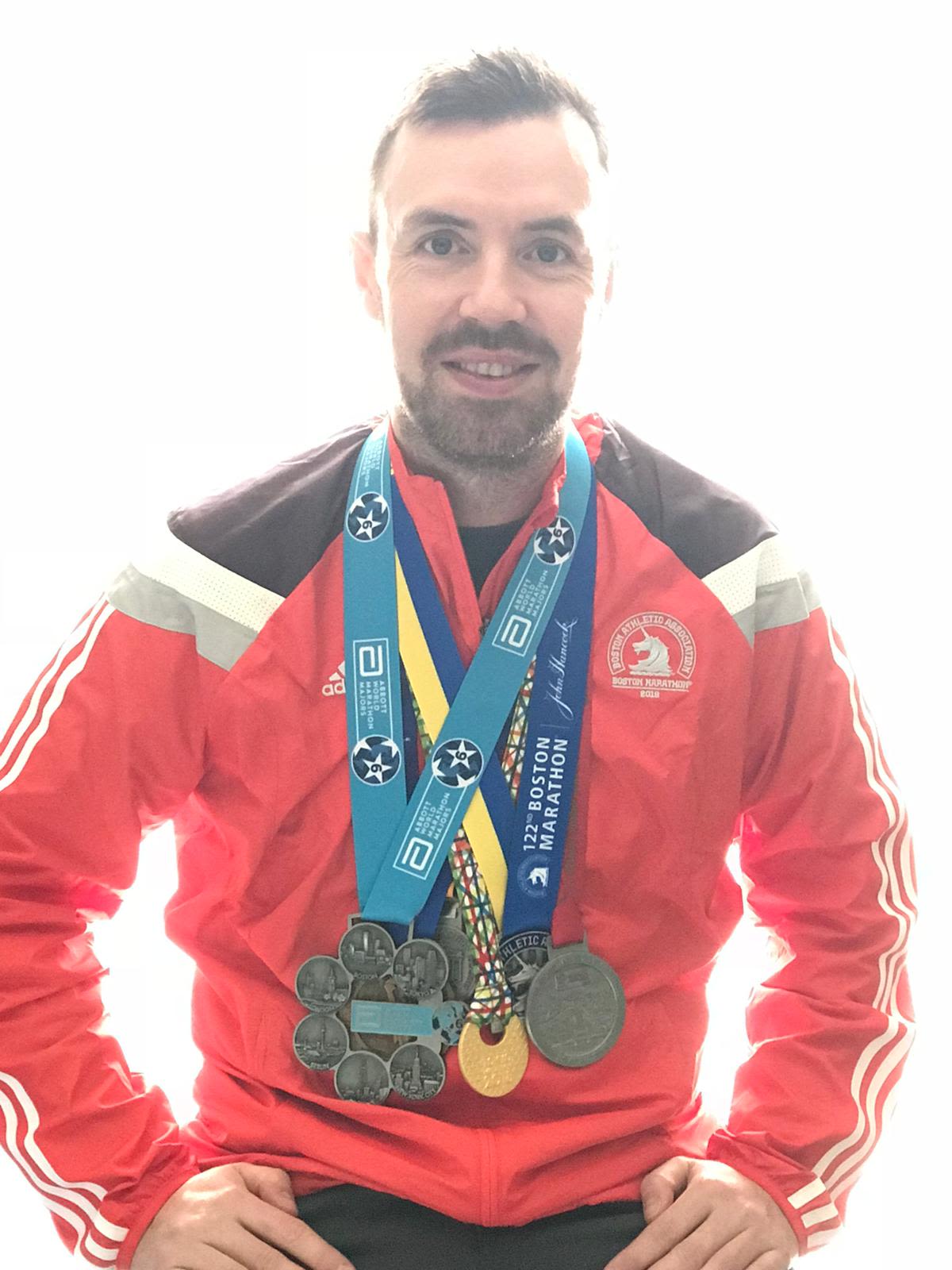
The power of the marathon beyond the simple act of running is sometimes overlooked. For Michael, it has meant so much more.
“Doing this is not just about running,” he says. “It’s going to impact on so many other elements of your life. It’s about having self-doubt and overcoming it. If I think back to London 2015, in the five years since, my life is totally different and I would attribute a lot of that to the marathons and the Six Star journey.
“Five years ago, I wouldn’t have thought I would have a house in France. But then five years ago I was around people who said I wouldn’t be able to do that. Seven years ago, when I wanted to go self-employed, people said don’t do it.
“You have to take chances and it’s about mind over matter and the marathons taught me that. There will be obstacles but you’ve got to get over them. Don’t think of this as a race, or a journey that’s just going to get you some medals. It’s going to do stuff for you in lots of other areas of your life.”
